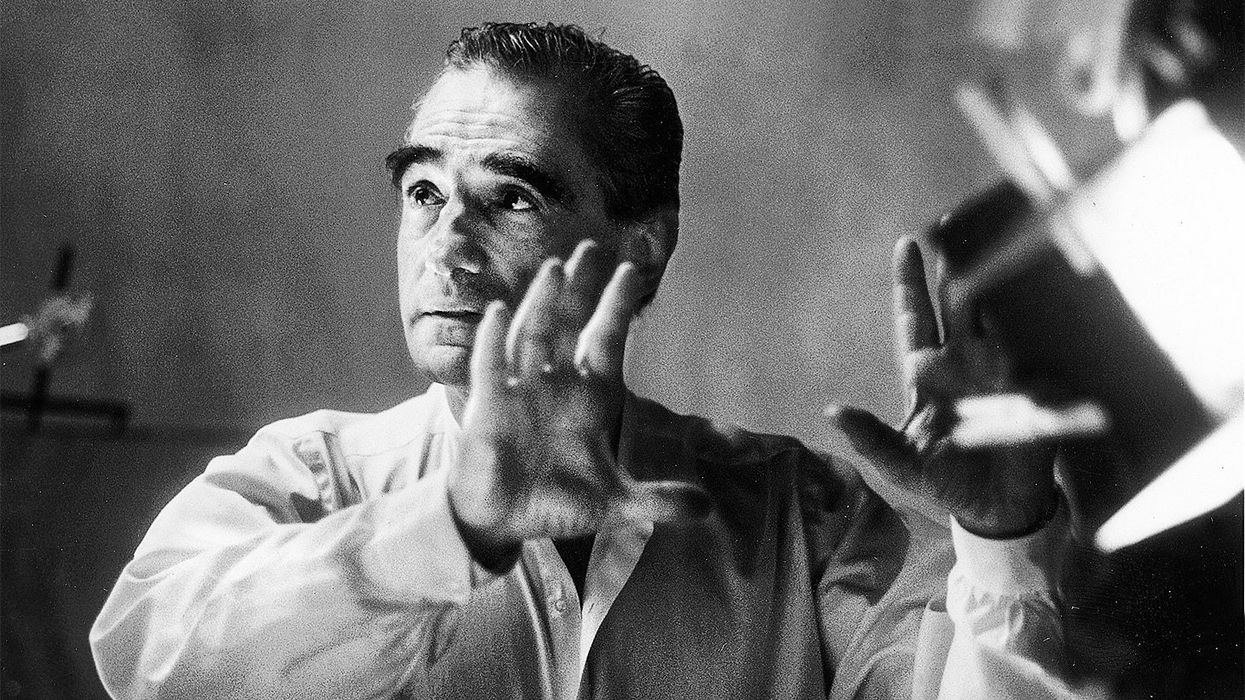Cinema Is Changing, But Why Does Martin Scorsese Fear It's Dying?
With the line between TV, movies, and streaming continuing to blur, is cinema in trouble?

You've seen us bemoan this topic before, so I'll be brief with the details. The rise in streaming compounded with the coronavirus changed Hollywood in the last year. It seemed like we jumped decades in months, with major studios opting to put releases online as well as in theaters for the first time ever.
This has been a leap forward in where cinema is going. In addition to that, studios opening departments to mine intellectual property and the expansion of tentpole movies, and relative shunning of other titles, shows that things may never go back to the way we knew them.
Movies cost money, and the places with all the cash are favoring profits over art. Where there once was an intersection between commerce and art, now there's just commerce. And it's not only movie studios; entering the game are people like AT&T and Apple, traditional media companies who are buying and selling their own programming and their own platforms as well.
All of this has contributed to the most interesting series of years in Hollywood history. Are we at the end of cinema? Is cinema dying? Martin Scorsese seems very worried, and I have to admit, I'm on his side.
Check out this video from Thomas Flight, and let's talk after the jump.
Cinema is changing, but why does Martin Scorsese fear it's dying?
Let's make this clear; this is not a singular discussion about going to the movies. It's about what is happening to the art we love and where it could go in the future. While tentpole action movies are hard to make and deserve a lot of credit, I think we have already seen what they can add to the artform.
The big question I think we are all asking as we watch more and more movies is, "What are they adding to the art form?"
A lot of the current problems go back to what studios prioritize making. We talked about this in our Beauty of Cinema article—we are constantly delivered a polished image that seems factory-formed. There's no studio challenging these common aesthetics. You have to dig into indie movies to really find people doing things differently. But even those are few and far between.
Who is challenging cinema now? And if no one is, are we pushing the artform forward?
Sure, innovation naturally slows down once the novelty wears off, but the voices we have going forward seem to be drowning out. We look at older directors, like Scorsese, and wonder who is taking up the mantle of pushing cinema into a new form or new art.
Cinema is a type of experience. It's leaving your house to watch something with other people. What you watch isn't based on IP or corporate mandates, but it's an original story that pays special attention to language, tradition, and form.
That's a distinct experience today.
Are we at the beginning of the end, or just a break in the process?
The rise in streaming and the accessibility of movies is an amazing tradeoff for the decline of going to the theater to watch cinema. I can log onto Criterion or a similar app and find movies I could never access when I was younger. There are lots of lost gems that I can use to inform my knowledge of the medium and test what I can do in and outside of the form.
While that's great, it comes at the cost of seeing these pieces of art surrounded by other people. And it also worries me that new artists are not seeing their work greenlit by these major corporations or studios. Sure, anyone can shoot something on their iPhone, but if no one sees your work, can you really be a filmmaker? Are you actually participating in cinema at all?
The main issue I have with Hollywood today is that everyone is looking for the same thing. Something easily marketable comes with a "tested" audience, meaning it was developed from a book or remake or has some inherent value outside of just the idea. Hollywood also hates the bending of genres. While we might think that's what changes form and keeps ideas fresh, they see that as a marketing risk that could hurt the bottom line.
That makes it increasingly hard for people who care about cinema and the cinematic experience to work in Hollywood today.
So, where does that leave us?
We have no idea what the next decade of Hollywood holds, but I hope that the rise in streaming could actually lend itself to the preservation of cinema. That doesn't mean just reissuing old classics, but it should mean these large corporations embracing the art and making a few movies a year that further the artform. There's always a chance these could be a hit and let them into new avenues.
Even if they don't, the audience will get bored with these bubbles studios rely on. It's fun to see big action on the big screen, but how can we move people and create a deeper understanding of cinema as art? The only way is to continue to challenge the medium and lift new voices, so cinema does not pass as the icons of yesteryear age out of this plane and move onto the next.
Let me know what you think in the comments.












